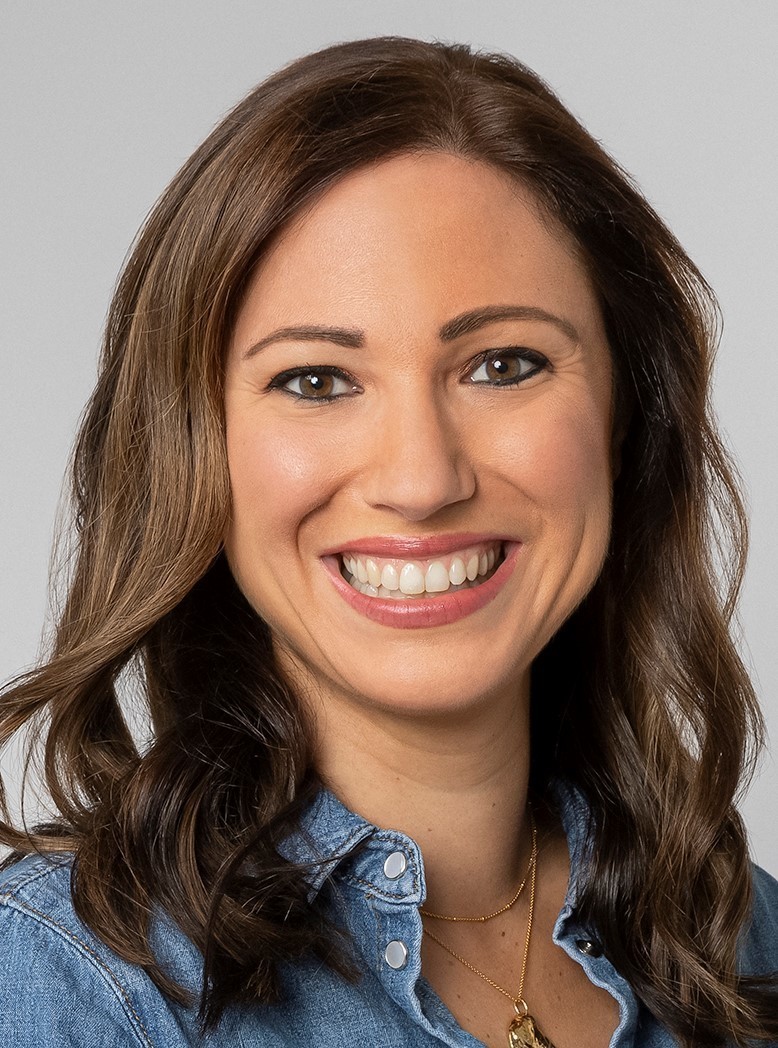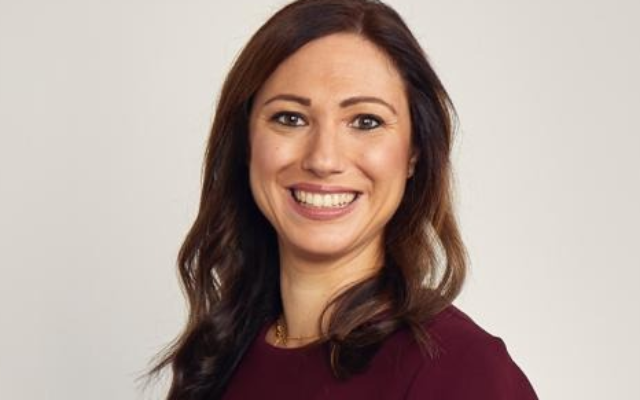From Softbank to startups – city executive Catherine Lenson
Venture partner says it's vital that minority communities are involved in investment decisions
The world of venture capital can often seem murky and intimidating to those who want to take their startup to new heights or even invest in the next big thing themselves. Former City executive Catherine Lenson is on a mission to shift that image, and to make sure a more diverse group of people are not only receiving the cheques, but signing them too.
Having spent 13 years gaining increasingly senior roles at UBS, in October 2017 Lenson took a leap to lead the HR operation at SoftBank Investment Advisors, Softbank’s corporate venture fund, and would become its first female managing partner. She went from being part of the HR team to being the most senior person in HR. “I’d also gone to an absolute startup,” she explains.
The pandemic posed particularly dramatic challenges as the company tried to look after staff all around the world. “Effectively, I was in the lead in the firm in thinking about what that meant for our employees,” Lenson says. She recalls that “in India, we were literally buying oxygen and getting it to people’s families.”
 Reflecting on previous roles, Lenson said that in her corporate life she would “more often than not be the only woman in the room, certainly the most senior woman”. However, she says that she was “surrounded by amazing male mentors,” something she values to this day. Mentoring others is also important to her, as is doing other things that actually “move the needle”. Ultimately, this boils down to hiring senior women and investing in female-founded companies.
Reflecting on previous roles, Lenson said that in her corporate life she would “more often than not be the only woman in the room, certainly the most senior woman”. However, she says that she was “surrounded by amazing male mentors,” something she values to this day. Mentoring others is also important to her, as is doing other things that actually “move the needle”. Ultimately, this boils down to hiring senior women and investing in female-founded companies.
“At the end of the day, you’ve either got to hire into women senior positions, or you’ve got to fund female founders who are building businesses.”
During her time at SoftBank, the investor said that “it became clear that one of the big topics that was going to be on the agenda was the distribution of capital within the founders that exist in the world. And so, if you look at the surveys over the last few years, in the UK, something like one and a half percent of all venture capital invested has gone to all-female founding teams, which is an extraordinarily low percentage.”
Lenson is also keen to highlight that women and those from diverse communities should not be put off from being investors because they assume doing so requires putting huge amounts of money into a business. In fact, “most female angels writing checks are writing checks of £1000, £2000, maybe even £10,000”. Not nothing, but “an amount of money that many women I’ve spoken to can imagine in their lifetime having access to.”
It’s vital, according to Lenson, to have people from minority communities in the rooms where investment decisions are made.
“Not only are we backing female founders, but we’re also creating wealth for female investors, by allowing women to be on cap tables. By the way, the same goes when you talk about black-owned businesses. We don’t just want black founders; we want black investors on the cap tables benefiting from the growth of the businesses. That’s incredibly important.”
Lenson will be a position to work with more such firms earlier in their journey. Earlier this week she announced that she had become a venture partner at London seed-stage investment firm LocalGlobe.
Lenson’s business career has also fed into her communal life, most notably when she was involved in appointing the rabbi in her shul in Hadley Wood. The benefit of communal involvement works both ways. For instance, Lenson feels being a director of the University Jewish Chaplaincy gave her skills in the fundraising space- an area in which she is not involved in her professional life.
“The one thing that connects everything is people. But with that are people challenges,” she says. “How do you motivate Gen Z? What does the future of work look like? What does the post-Covid workplace look like? Those things are all translatable across the professional world and my communal environment.”
Indeed, technology related to the future of work is an area in which Lenson believes there are exciting startups and investment opportunities. “I think it’s a sector that’s still relatively underdeveloped compared to some other kind of enterprise software,” she reveals.
Getting backing for female founders might still be something of an ongoing battle but one thing is clear – “there is no shortage of female talent.” And getting a more diverse group of people investing in firms might also lead to a wider range of founders receiving investment. With the tech sector going through a tumultuous time, getting the widest range of talent involved in both sides of the investment process is crucial.

Thank you for helping to make Jewish News the leading source of news and opinion for the UK Jewish community. Today we're asking for your invaluable help to continue putting our community first in everything we do.
For as little as £5 a month you can help sustain the vital work we do in celebrating and standing up for Jewish life in Britain.
Jewish News holds our community together and keeps us connected. Like a synagogue, it’s where people turn to feel part of something bigger. It also proudly shows the rest of Britain the vibrancy and rich culture of modern Jewish life.
You can make a quick and easy one-off or monthly contribution of £5, £10, £20 or any other sum you’re comfortable with.
100% of your donation will help us continue celebrating our community, in all its dynamic diversity...
Engaging
Being a community platform means so much more than producing a newspaper and website. One of our proudest roles is media partnering with our invaluable charities to amplify the outstanding work they do to help us all.
Celebrating
There’s no shortage of oys in the world but Jewish News takes every opportunity to celebrate the joys too, through projects like Night of Heroes, 40 Under 40 and other compelling countdowns that make the community kvell with pride.
Pioneering
In the first collaboration between media outlets from different faiths, Jewish News worked with British Muslim TV and Church Times to produce a list of young activists leading the way on interfaith understanding.
Campaigning
Royal Mail issued a stamp honouring Holocaust hero Sir Nicholas Winton after a Jewish News campaign attracted more than 100,000 backers. Jewish Newsalso produces special editions of the paper highlighting pressing issues including mental health and Holocaust remembrance.
Easy access
In an age when news is readily accessible, Jewish News provides high-quality content free online and offline, removing any financial barriers to connecting people.
Voice of our community to wider society
The Jewish News team regularly appears on TV, radio and on the pages of the national press to comment on stories about the Jewish community. Easy access to the paper on the streets of London also means Jewish News provides an invaluable window into the community for the country at large.
We hope you agree all this is worth preserving.






















